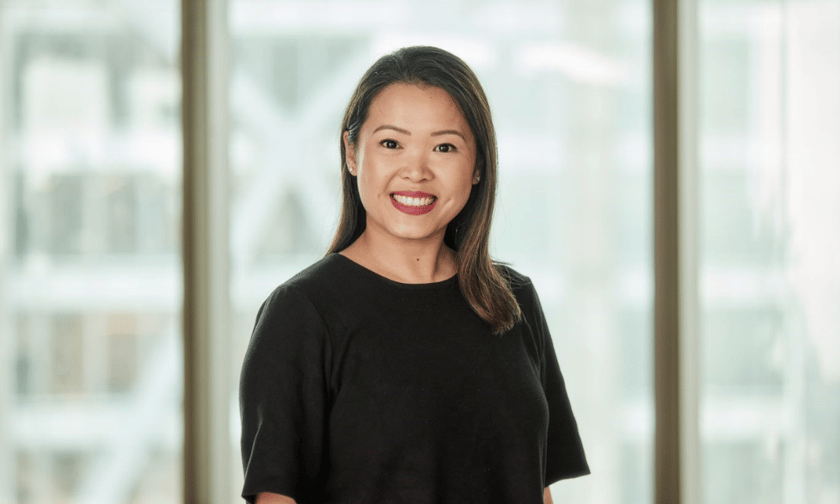

Artificial intelligence (AI) presents insurance firms with the possibility of putting massive amounts of data to optimal use. Some insurance leaders are embracing the opportunity, confidently investing in AI. A recent KPMG report found that nearly 60% of insurance CEOs surveyed expected financial returns on AI investments within three to five years.
However, significant questions remain, including where exactly to invest. There are also some reservations about AI’s threat to insurance jobs.
AI is one focus area of the upcoming Women in Insurance Summit Australia in Sydney.
Suzi Leung (pictured above), chief commercial officer for Hollard Insurance (Hollard), is chairing the Summit. She’s looking forward to the panel discussion which will explore successful AI use cases across insurance disciplines, an overview of ethical issues and some of the potential AI pitfalls insurance leaders should avoid.
Leung was able to articulate an engaging picture of where AI could transform insurance, including the relationship between insurer and customer.
“When I think about insurance customers, where I see AI really helping, is as a way of reducing customers’ cognitive load in times of stress after an insured event” she said. “For example, if my home was flooded and the insurer knows that and has the data to support it because of data showing that a big cyclone ripped through.”
The Hollard CCO said anyone in this situation needs to prioritise “very basic needs.”
“It’s Maslow’s hierarchy – so the very basic needs of making sure my family and I are safe, making sure that we have somewhere to stay and have food and support,” she said. “You do not necessarily want to be lodging a claim at that point, spending time on a phone, calling your insurer, or anything like that at all.”
AI, she suggested, has the capacity to totally change this situation and enable the insurer to be much more proactive.
“Imagine how amazing it would be if the insurer could get the ball rolling on the customer’s behalf,” she said.
Leung said that it’s possible AI could remove this claims pressure on the customer and instead provide a way for the insurer to provide proactive customer service.
“So the question becomes, how to reset the frame and flip the requirement for the customer to contact us first to lodge a claim and to tell us they need help, to one where the insurer proactively reaches out itself?” she said.
Leung said these types of AI initiatives could help improve insurers’ reputations - an industry challenge for many years - and serve as a relationship builder with customers.
“I see that as one of the opportunities of AI,” she said. “Asking what could we do? If we know that a cyclone has hit an area and there are customers in those areas, how can the industry be proactive about it and use that information?”
Apart from AI and a range of other panel discussions, a new industry mentorship program is set to launch at the upcoming Summit. The program, open to all delegates, will kick off during the networking lunch when interested mentors and mentees will be paired up.
“Mentorship programs are one of many levers that a business can use to help lift our female talent,” said Claudio Saita, head of Australia and Pacific for Canopius Group.
The speciality insurer is the Summit’s Mentorship Program Partner and brings the experience of its own well-established mentorship program.
“Canopius believes mentoring is essential to developing and training staff so we can create more rounded and high-performing employees,” said Sydney-based Saita.
Katrina Shanks, CEO of the Australian and New Zealand Institute of Insurance and Finance (ANZIIF), also plans to share information about a training course for the insurance industry that will tackle issues related to vulnerability and family domestic violence.
“This is a topic which is being captured by the legislators and regulators, by the media and by the insurers as important,” she said. “We’re now developing a standalone module on vulnerability and within that a course on family domestic violence.”
